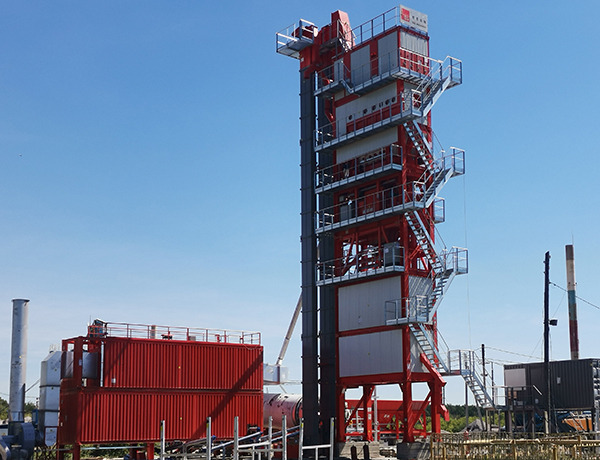An overview of the function and processes of an Asphalt Mix Plant, highlighting its importance in road construction and maintenance, quality control in asphalt production, and recent technological advancements for sustainability.

An overview of the function and processes of an Asphalt Mix Plant, highlighting its importance in road construction and maintenance, quality control in asphalt production, and recent technological advancements for sustainability.
Content Disclaimer
The content provided on this website is for informational purposes only. Some of the information, articles, images, and other materials available on this site may be sourced from third-party websites and public domain resources. While we make every effort to ensure the accuracy and reliability of the information, we do not take responsibility for the content provided by external sources.
This article discusses the critical role of Supplier Asphalt Mixing Plants in producing high-quality asphalt for construction and road development. It highlights the key components of these plants, their emphasis on sustainability, and their commitment to innovation and quality assurance in the asphalt mixing process.
This article discusses the various factors influencing the price of asphalt mixing plants, emphasizing capacity, technology, new versus used options, brand reputation, and additional costs. It advises buyers on the importance of thorough research and evaluating long-term benefits for informed purchasing decisions.
Stone crushing machines are an important part of the mining and construction industries. They are powerful pieces of equipment capable of breaking down rocks and other materials into smaller, more manageable pieces. There are a variety of different types of stone crushing machines, each with its own advantages and disadvantages. It is important to choose the right type of machine for the job if you want the machine to be efficient and complete the project to the proper specifications.